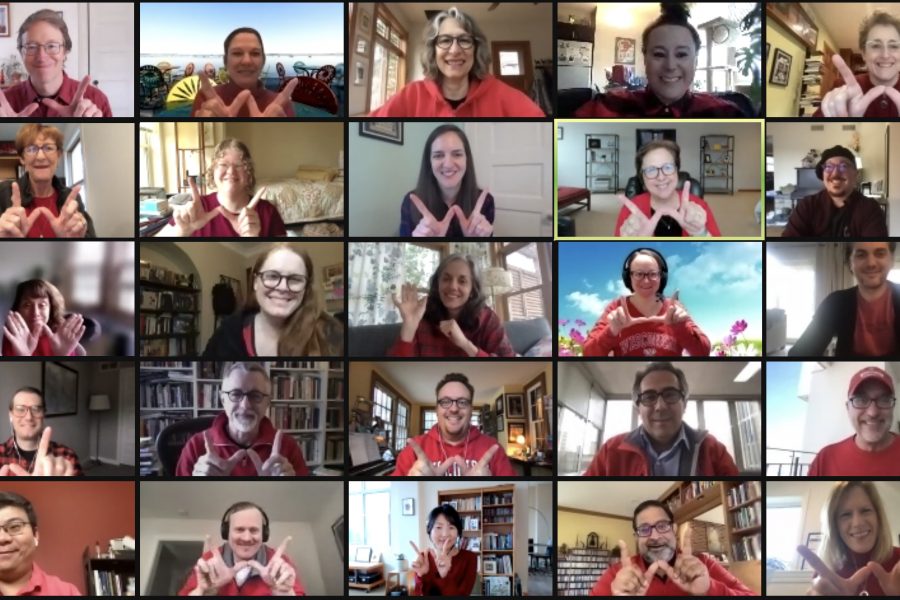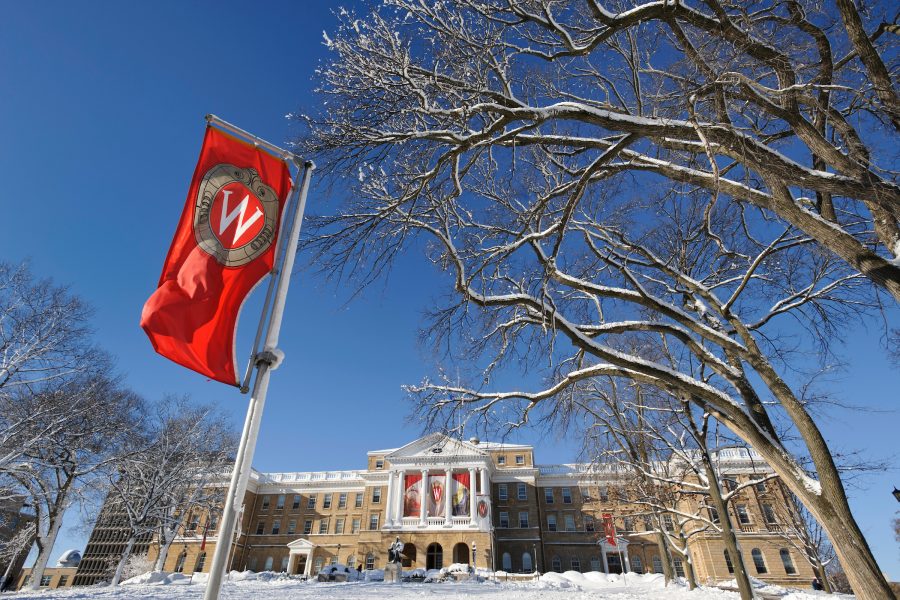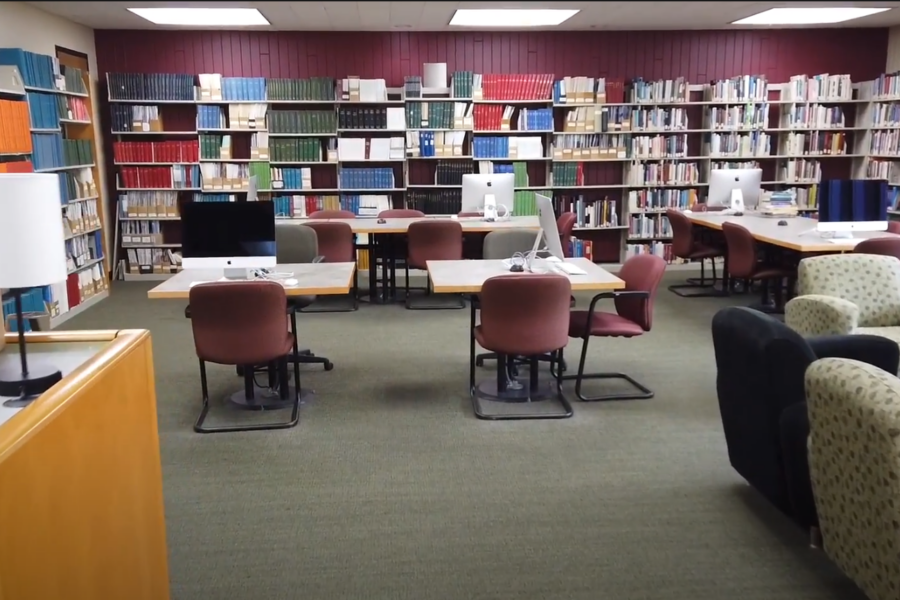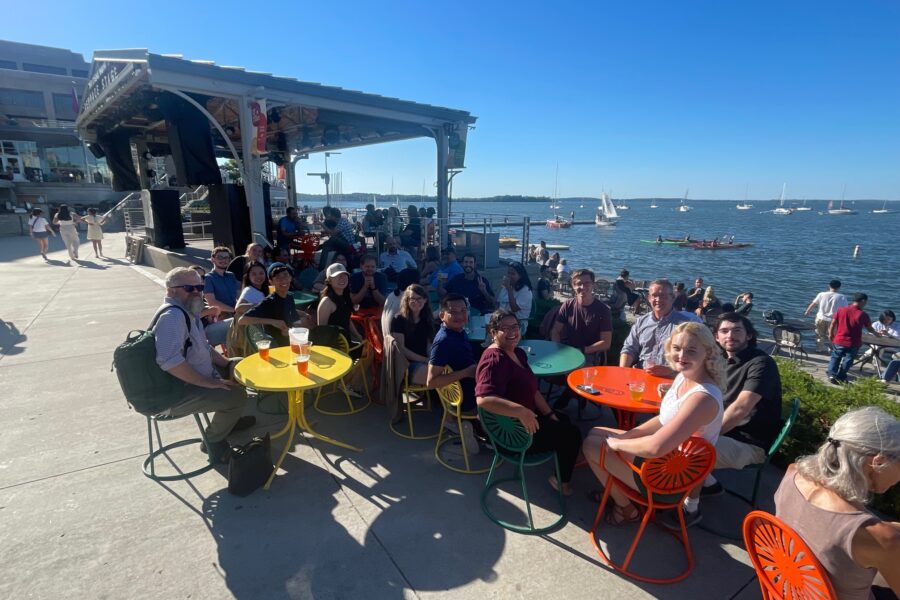Our faculty, staff, and students hail from all over the world, and it is not unusual to hear many different languages spoken in our hallways. Graduate students comprise a majority of our international students.
SJMC undergraduate students come from across the nation, from the corn fields of rural Wisconsin to the bustling downtowns of Washington D.C., Los Angeles, Boston, and Chicago.
We all represent perspectives across the political spectrum, practice different religious traditions, come from a range of income classes, and hold a variety of abilities and disabilities.
Our intellectual diversity informs all of our work. We prepare our students for jobs across media and communication fields — from marketing agencies to newsrooms, from non-profit outreach to research work in think tanks, universities, and governments. We have world-renowned specialists in media history, media law, media effects, health communication, journalism studies, and political communication, and are regularly ranked in the top five of the world for communication research.
Our alumni work all over the world but visit with us frequently at events and in classes to share their learning. They often help Badgers coming up behind them, representing a network throughout these industries.
The School reflects the needs of a dynamic, multi-dimensional media system and interconnected society. It is only by celebrating our differences and finding shared values – and teaching each other how to do so productively – that we can address together urgent social and political problems through the teaching, research, and practice of journalism and communication.
Our Shared Future
A Land Acknowledgement
The School of Journalism and Mass Communication acknowledges that the University of Wisconsin-Madison occupies the ancestral lands of the Ho-Chunk, a place their nation has called Teejop (day-JOPE) since time immemorial. In an 1832 treaty, the Ho-Chunk were forced to cede this territory.
Decades of ethnic cleansing followed when both the federal and state government repeatedly, but unsuccessfully, sought to forcibly remove the Ho-Chunk from Wisconsin. We commemorate the resiliency of the Ho-Chunk and other eleven First Nations of Wisconsin.
This history of colonization informs our shared future of collaboration and innovation.
Today, we respect the inherent sovereignty of the Ho-Chunk Nation, along with the eleven other First Nations of Wisconsin.
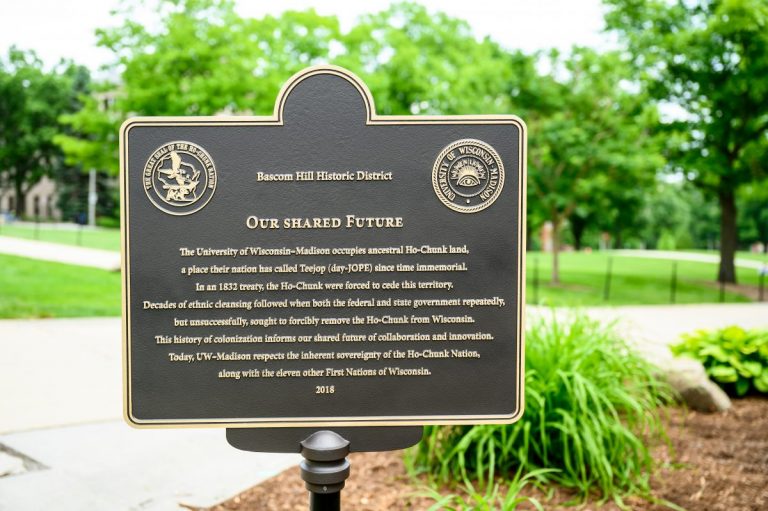
Inclusion Committee
The SJMC Inclusion Committee is an 11-member group made up of faculty, staff and elected undergraduate and graduate student representatives as well as a dedicated Project Assistant.
Bias and Hate Reporting Resources
The University of Wisconsin-Madison and the School of Journalism and Mass Communication are committed to creating a safe and supportive environment for all people.
Journalism & Mass Communication Anti-Racism Resources
A reading list compiled by the Journalism Reading Room on anti-racism, allyship and more including books, articles, films, etc.
Student Support Networks
For our students, faculty, staff and alumni, SJMC is so much more than just a department. We want the J-School to be a place where everyone feels they belong.
SJMC Statement on Diversity, Equity and Inclusion
The School of Journalism and Mass Communication has vowed to study and work to change the structural inequalities that vex our university, our communities, and the wider society. Through our daily work as academics and educators we assert our commitment to making this world a safer, more productive, more equitable place for everyone. Inspired by our graduate students and their own commitment to social justice, we take stock of our efforts, review our successes and failures, and revise our priorities as a department every year. We are making steady progress.
Some of the concrete changes we have made over the past several years include:
- Added a new learning objective to our curriculum: “Foster an appreciation of the importance of inclusion, social justice, and bias in media professions and communication research, particularly as they relate to issues of race/ethnicity, class, gender, sexuality, disability and other identities, as well as how these identities interconnect.”
- Developed a series of modules for SJMC faculty, staff and teaching assistants around structural racism that can be readily available in our journalism and strategic communication courses, in order to increase inclusion in communication education.
- Expanded recruitment efforts for a diverse student body through increased community relation building and outreach; and continuing our rigorous efforts to hire diverse faculty and staff.
- Hosted regular workshops and speaker series on the relationships between journalism, strategic communication, and research, with structures of power, policing, and the justice system. We pay particular attention to journalism’s coverage of protest, race, and inequality, and how communication can be harnessed to construct equality.
- Organize and attend regular (several times a year) social justice training to SJMC faculty, staff, and students.
- Developed a SJMC reading/media list for students and faculty around social justice.
Leading institutions of higher education cannot be detached from the plight of the communities we are a part of. Through our scholarship, teaching and everyday practices we are committed to advancing justice and equity for groups segregated by historical and structural inequalities. As communication scholars and educators, we will not be indifferent to injustice and will continuously advocate for social reforms that foster a world in which all can thrive.

